- Joined
- Feb 26, 2019
- Messages
- 12,449
- Points
- 113
www.taiwannews.com.tw
The FDA on Tuesday (Jan. 17) presented its latest list of food import violations. A total of 10 shipments were rejected for containing excessive levels of preservatives or pesticide residues, including CDO Chunky Sisig meat from the Philippines, T2 Just Peppermint tea from Morocco, and White Quinoa from India. The meat was found to contain 1.5 g/kg of the preservative benzoic acid, the tea was found to have 0.07 ppm of the pesticide Piperonyl butoxide, and the quinoa contained 0.15 ppm of pesticide residues.
A batch of 1,000 boxes of Nongshim Shin Ramyun Black Bowl (Tofu Kimchi) imported from South Korea weighing a total of 1,128 kilograms was intercepted because the seasoning powder packages were found to have 0.075 mg/kg residue of the pesticide ethylene oxide. This represents a violation of Taiwan regulations and the products will either be returned or destroyed in accordance with regulations.
The head of the FDA's Northern Center for Regional Administration, Chen Ching-yu (陳慶裕), said that this is the first time in the past six months that the products imported by the South Korean food company Nongshim have failed to pass inspections. Chen said that as a result, the frequency of random inspections will be increased from 20% to 50%.
Two batches of strawberries were again found to be in violation of pesticide residue regulations. This includes 109.10 kg of Fresh Strawberries imported from Fukuoka, Japan by Chian Her Fruit Co., which were found to contain 0.27 ppm of the pesticide Flonicamid.
In addition, 345 kg of Fresh Strawberries imported from Fukuoka, Japan by Chiawei Enterprise Co. were found to contain 0.14 ppm of the pesticide Flonicamid. The two batches will either be returned or destroyed.
This brings the total number of batches of Japanese strawberries to have been in violation of pesticide residue requirements to nine in the past six months. In response, the FDA has asked Japan to submit information in writing that explains the reasons for the failure and steps that will be taken to improve the situation as well as preventative measures before Feb. 5.
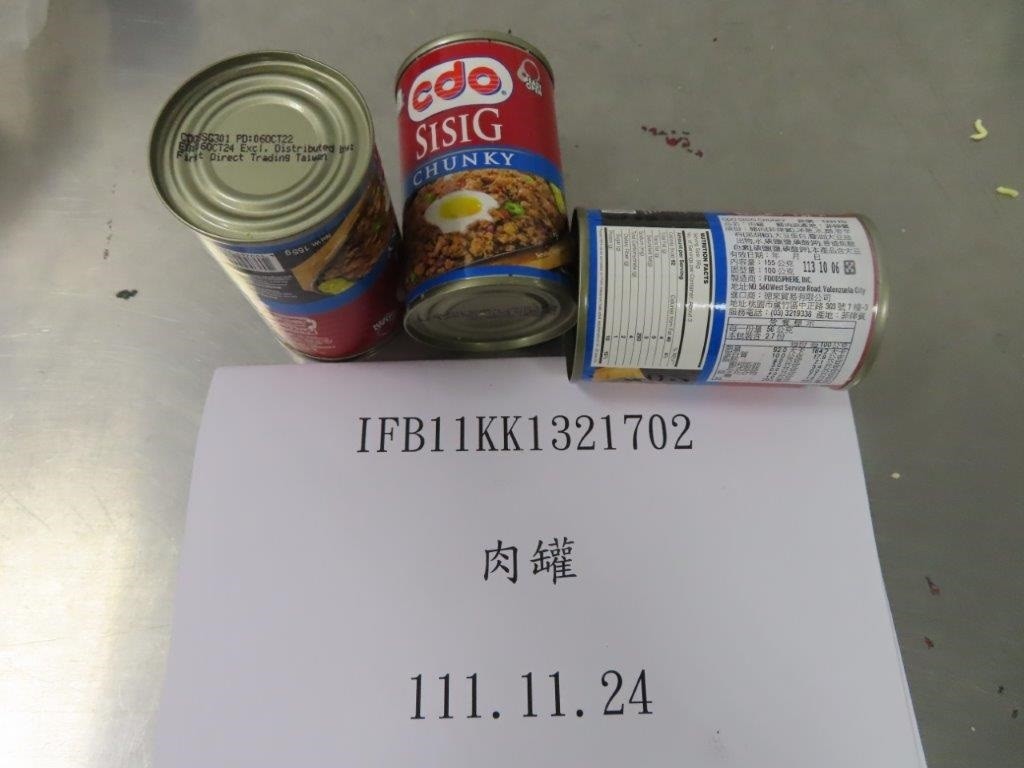 CDO Chunky Sisig meat. (FDA photo)
CDO Chunky Sisig meat. (FDA photo)
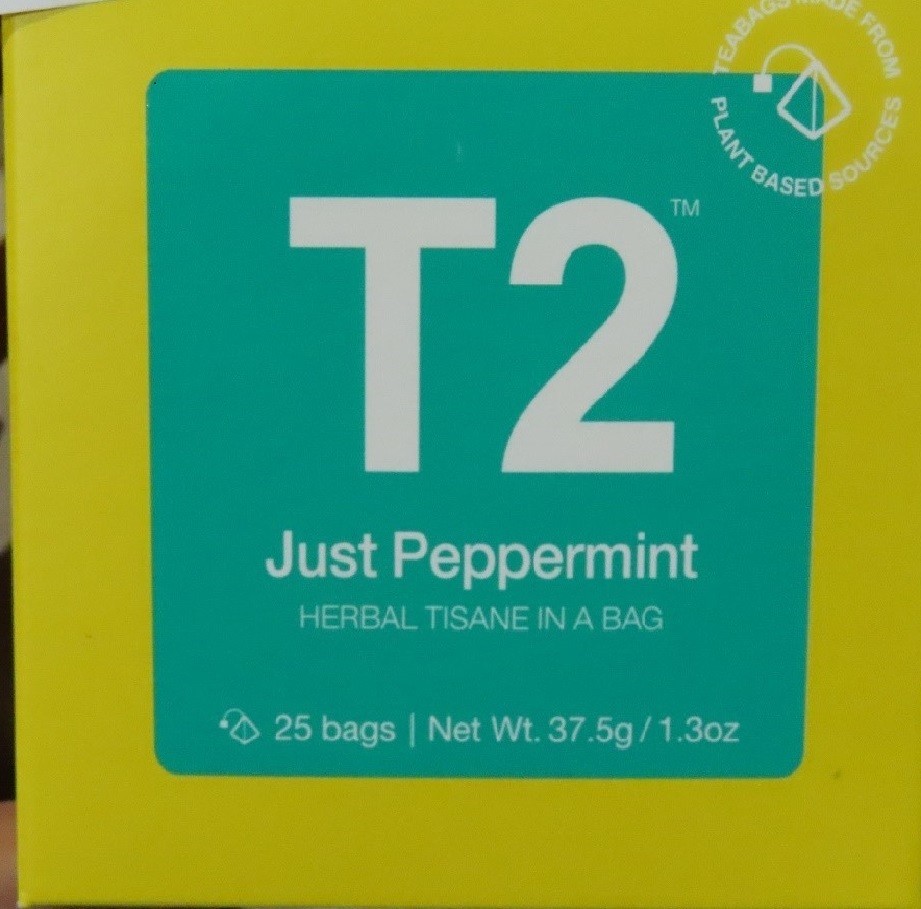 T2 Just Peppermint tea. (FDA photo)
T2 Just Peppermint tea. (FDA photo)
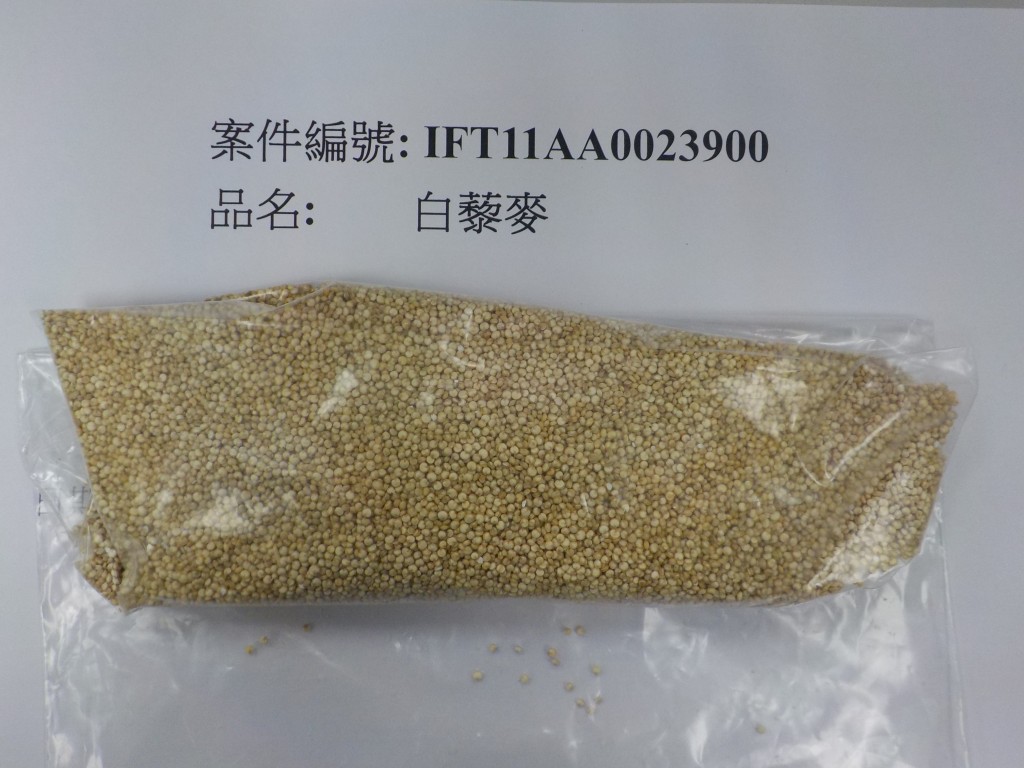 White Quinoa. (FDA photo)
White Quinoa. (FDA photo)
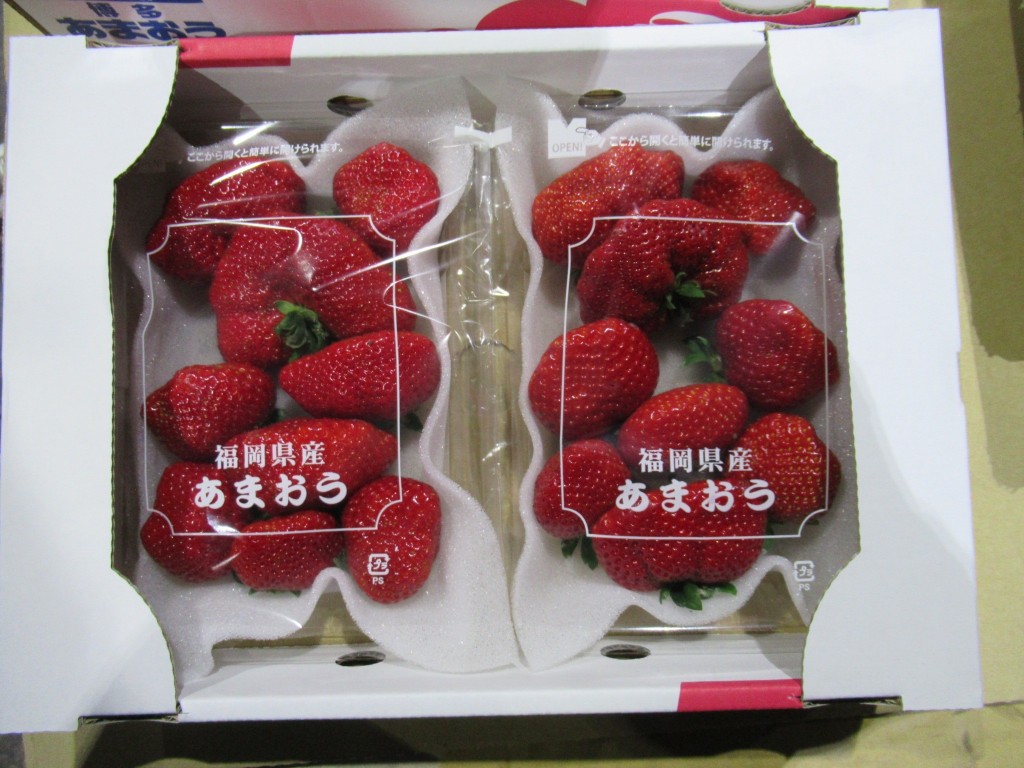 First batch of fresh strawberries mentioned. (FDA photo)
First batch of fresh strawberries mentioned. (FDA photo)
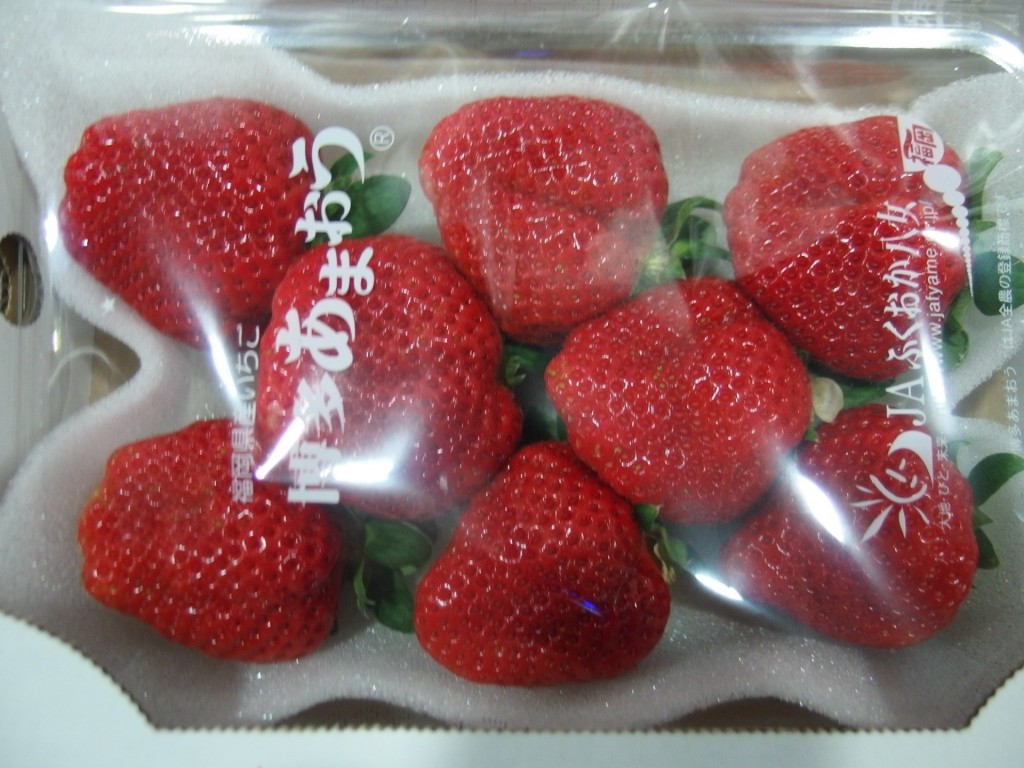 Second batch of strawberries mentioned. (FDA photo)
Second batch of strawberries mentioned. (FDA photo)
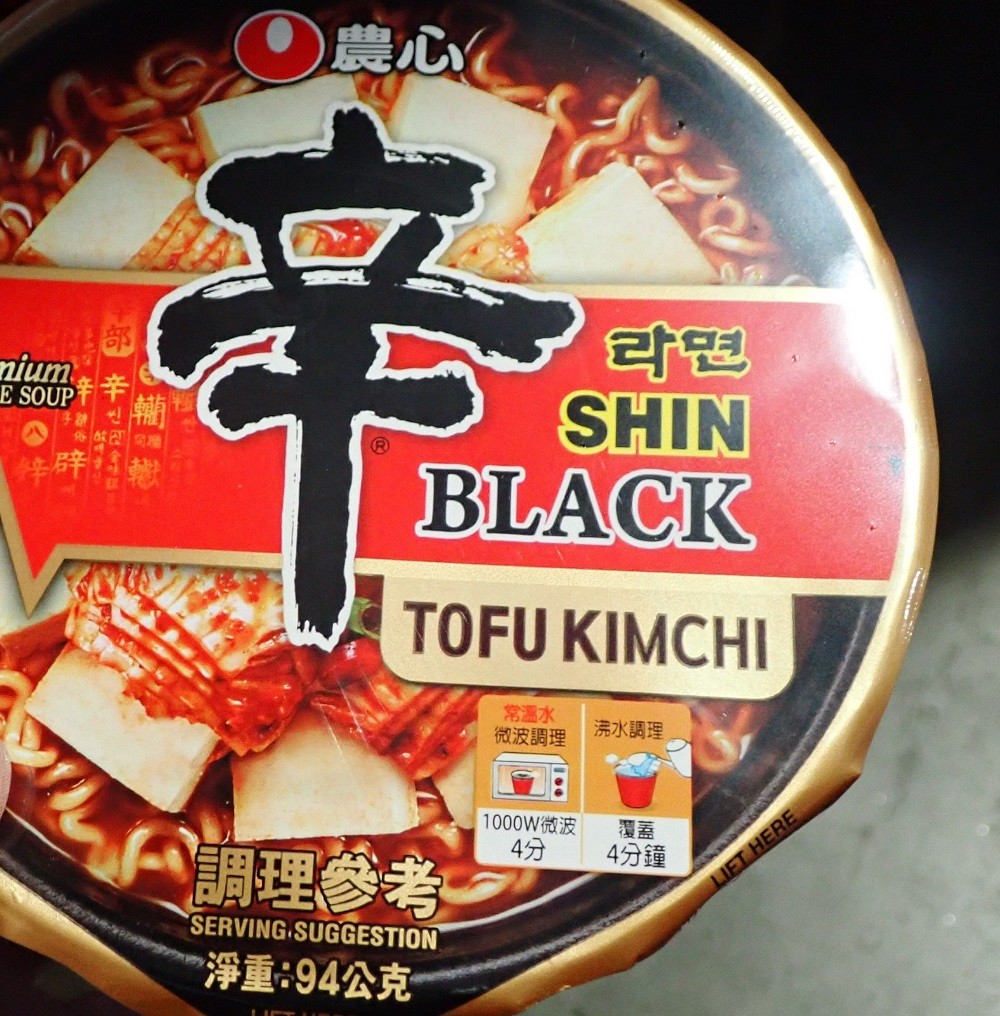 Nongshim Shin Ramyun Black Bowl. (FDA photo)
Nongshim Shin Ramyun Black Bowl. (FDA photo)
Taiwan rejects 1,100 kg of instant noodles from South Korea for pesticide traces
1,000 boxes of Nongshim Shin Ramyun Black Bowl noodles rejected for containing pesticide ethylene oxide residue
By Keoni Everington, Taiwan News, Staff Writer
TAIPEI (Taiwan News) — Taiwan's Food and Drug Administration (FDA) has seized over 1,100 kg of contaminated instant noodles from South Korea.The FDA on Tuesday (Jan. 17) presented its latest list of food import violations. A total of 10 shipments were rejected for containing excessive levels of preservatives or pesticide residues, including CDO Chunky Sisig meat from the Philippines, T2 Just Peppermint tea from Morocco, and White Quinoa from India. The meat was found to contain 1.5 g/kg of the preservative benzoic acid, the tea was found to have 0.07 ppm of the pesticide Piperonyl butoxide, and the quinoa contained 0.15 ppm of pesticide residues.
A batch of 1,000 boxes of Nongshim Shin Ramyun Black Bowl (Tofu Kimchi) imported from South Korea weighing a total of 1,128 kilograms was intercepted because the seasoning powder packages were found to have 0.075 mg/kg residue of the pesticide ethylene oxide. This represents a violation of Taiwan regulations and the products will either be returned or destroyed in accordance with regulations.
The head of the FDA's Northern Center for Regional Administration, Chen Ching-yu (陳慶裕), said that this is the first time in the past six months that the products imported by the South Korean food company Nongshim have failed to pass inspections. Chen said that as a result, the frequency of random inspections will be increased from 20% to 50%.
Two batches of strawberries were again found to be in violation of pesticide residue regulations. This includes 109.10 kg of Fresh Strawberries imported from Fukuoka, Japan by Chian Her Fruit Co., which were found to contain 0.27 ppm of the pesticide Flonicamid.
In addition, 345 kg of Fresh Strawberries imported from Fukuoka, Japan by Chiawei Enterprise Co. were found to contain 0.14 ppm of the pesticide Flonicamid. The two batches will either be returned or destroyed.
This brings the total number of batches of Japanese strawberries to have been in violation of pesticide residue requirements to nine in the past six months. In response, the FDA has asked Japan to submit information in writing that explains the reasons for the failure and steps that will be taken to improve the situation as well as preventative measures before Feb. 5.






